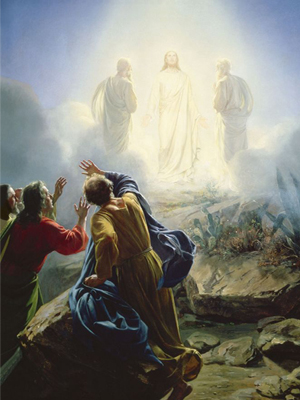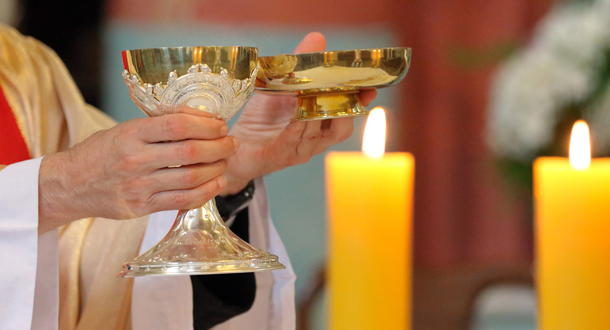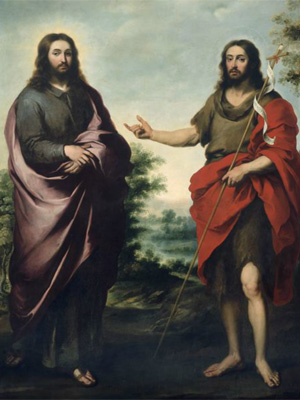Feast of the Transfiguration of the Lord
Scripture:
Daniel 7:9-10, 13-14
Mark 9:2-10
Reflection:
The two great prophets, Moses and Elijah just couldn’t get a break. Both were called by the Almighty to engage in life, to face life’s tragedies and evils head on. Both wanted with all their might to do the opposite.

Moses, God’s mouthpiece to the Hebrew people, got rejected by his own people in a dramatic way. Remember that Golden Calf? Since he didn’t receive the glowing response he expected, he wanted to forget his mission, to blend back into the faceless masses and live out his life with as little stress as possible. But no, God had other ideas. He wanted Moses to ascend Mount Sinai a second time and keep faithful to his mission (Exodus 33: 18 on).
Elijah didn’t fare much better. For all his troubles trying to do God’s will, he became a wanted man by the authorities of his day. He schemed to get out of there. But in his attempt to runaway he is met by guess who? Yahweh. Yahweh sent him right back into the struggle (1 Kings 19: 11 on).
Both men experienced Yahweh on a mountain at pivotal moments of discouragement in carrying out their missions.
They both endorsed the teaching that the way to life is the cross. In the sections of Mark’s Gospel that immediately precede the description of the transfiguration, Jesus tries to get this essential point across to the thick-headed apostles. Jesus rebukes them for not “getting it.”
His clear message… often diluted by those of us who, like the apostles, want a Jesus who will comfort us, provide security, consistency, and the justification to blend into our consumer- addicted, pleasure-seeking, individualistic culture… is that there is no union with a Loving God without the cross.
At Transfiguration Peter, ever the concrete thinker, wanted heaven on earth. He wanted a set of three tents to hide out with his three heroes. But the Almighty crashes in with the words, “This is my beloved Son. Listen to him.” It is a dismissal of Peter’s limited desire for security. If I listen to Jesus’ words about the cross, I lose security as our culture defines it. I surrender my entire will to a loving God who has been drawing me to himself from day one.
After the resurrection, in Peter’s letter which we read today, we are told, “You will do well to be attentive to it (the prophetic message of the cross that is altogether reliable), as to a lamp shining in a dark placed, until the day dawns and the morning star rises in our hearts.”
In the midst of our daily tasks we may grow weary, despondent, and feel that life is but a series of routines we must endure. In such a dead space, darkness can fill our souls. We may react the way Moses and Elijah reacted, wanting to escape to a self-soothing space, away from our personal crosses.
Jesus is calling us out of this dark place. He wants us to be faithful to our responsibilities, to cause Good Trouble (as the late John Lewis said), to stand up to evil, whether in the political world or the private worlds of family, neighbors, community, or parish. He wants us to protect our earth, to solve differences peacefully, to forgive, to share, to live simply, to welcome all.
In our private, quiet time with God today, perhaps we can examine our lives to determine if we are engaging in life the way God wants us to engage, even when that means accepting the severe pain and overwhelming fear that comes with the cross.
.Jim Wayne is a board member of the Passionist Solidarity Network (PSN), and author of The Unfinished Man. He lives in Louisville, Kentucky.







